
 The SFFaudio Podcast #341 – Jesse, Mr Jim Moon and Bryan Alexander talk about The Boats Of The Glen Carrig by William Hope Hodgson.
The SFFaudio Podcast #341 – Jesse, Mr Jim Moon and Bryan Alexander talk about The Boats Of The Glen Carrig by William Hope Hodgson.
Talked about on today’s show:
1907, the publishing order vs. the writing order, The Night Land, more realistic and tighter, why The Night Land is so rambling, there’s still a romance element, The House On The Borderland, slash fiction, Mary, Job, Leviathan, the Wikipedia entry, science fiction, the alien flora and fauna, what the fuck is going on?, is this what happened to the couple in The Voice In The Night?, H.P. Lovecraft’s assessment, a romance in both senses, The Lost World, a lost world novel, The Lost Continent (film) is based on a Dennis Wheatley novel, the technical stuff, desalination, a fun mashup of Edwardian SF, the devil people, 7 year old “fresh” pork?, long pig?, Creutzfeldt jakob disease, classic horror, Edgar Rice Burroughs, the “angler” tree, decoys to attract food, a spongy fungal horror, must have fungus and pigs, a Philip K. Dick nightmare monster, we are totally missing a scientist, Jules Verne’s The Mysterious Island, how The House On The Borderland uses a book to tell the story, Mary Celeste, what happened to the crew?, The Horror Of Fang Rock, sample wrappers as the leaves of an unbound journal, a soft chamois, the missing pages, the intertextual thing, The Life and Strange Surprizing Adventures of Robinson Crusoe, Of York, Mariner: Who lived Eight and Twenty Years, all alone in an un-inhabited Island on the Coast of America, near the Mouth of the Great River of Oroonoque; Having been cast on Shore by Shipwreck, wherein all the Men perished but himself. With An Account how he was at last as strangely deliver’d by Pyrates, Castle Of Otronto, Frankenstein, embedded text, Melmoth The Wanderer, As taken down very carefully by his son, James, what of the Glen Carrig itself, boat(s), why this structure, here’s evidence we’re not all liars, random authentic, why does it have two boats?, what was the boatswain’s name, what was their route?, what were they carrying?, the mighty man, for reasons of decorum…, modern nitpicky things, Edgar Allan Poe, in the year 19__, the British were the last people to figure out the novel, Moll Flanders, a neat device, omitting the names and dates and places, M.R. James, Christmas performances, a novel of extremity, like a suspense novel, by crossbow or kite, bastard children and a shipboard marriage, in fact I applaud you, such as cannibalism, seven years trapped in the weeds, a fresh ham? come on!, an enormous supply of foodstuffs, Swiss Family Robinson, you could keep the pigs going, Metro 2033, mushrooms and pigs, Russian political satire, Russian political humor, pigs will eat anything, bread, wine, ham, and cheese, the 1968 movie The Lost Continent, so many cool things happening in it, a tramp steamer from Africa to Venezuela, lithium?, explosive when wet, a proto-disaster movie, in the weed lands, a burial, mariners from all different times (conquistadors), various barques, a Hammer movie, When Dinosaurs Ruled The Earth, Wheatley was clearly a fan of Hodgson, Uncharted Seas, a noir-ish disaster movie, like Casablanca on a ship, again Mysterious Island, they hit a hidden rock, because it is told from the father’s point of view…, not a story for the little ones, because terror is not what the children want, an unreliable narrator, something that Lovecraft does, the effect something has on a character, the description of the weed-men is left to our imagination, “he was very disturbed”, when the bosun heard that the youngest crewman had forgotten an axe, the bosun as the steady-man, make work project, PTSD, vampires, Job gets drained, a disinterment from a beachy grave, vampire bats?, “the thing that made search”, priming us, audio theatre, it would make an excellent audio drama, weird is suited to the short form, a slur of a snake, The Haunting Of Hill House, the land of loneliness, The Captain Of The Pole Star by Sir Arthur Conan Doyle is a “pocket Moby Dick”, a mini-version of The Boats Of The Glen Carrig, The Narrative Of Arthur Gordon Pym Of Nantucket, “tekeli-li tekeli-li”, aural ghosts, weird fiction, sanity blasted, how Poe ends Pym, why do we spend so much time on that crossbow?, reality vs. an adventure story, “I went below in a massive sulk”, what if the island was the back of a creature?, a blow hole of a giant whale, Terry Gilliam’s The Adventures of Baron Munchausen, The Empire Strikes Back, did the Millennium Falcon it fly up the anus?, famous last words, very nautical, in the belly of the whale, EC style comics, a shipwreck survivor in a black cave that turn out to be in the belly of a whale, a happy ending, The Ghost Pirates, how can you go wrong with ghost pirates?, Hodgson as an SF writer vs. being a fantasist, Carnaki is sometimes a debunker, Scooby Doo style villains, The Hog, an uber-demon swine entity, what is it with Hodgson and pigs?, M.R. James’ phobia of spiders, dread specters, Amnesia: The Dark Descent, Amnesia: A Machine For Pigs, the beautiful images of The Boats Of The Glen Carrig from Famous Fantastic Mysteries, how the hell is this from 1907, set in the early 1700s, what Hodgson gets wrong, a careful 18th century novel, Thomas Pynchon’s Mason And Dixon, John Fowles’ A Maggot, Stanley Kubrick, a nautical doom metal band: Ahab, a weed-man hand, the horror of inter-species sexuality, miscegenation, not The Shadow Over Innsmouth, Sargasso style, Mark Turetsky, he’s porkist not racist, Providence by Alan Moore and Jacen Burrows, everything that Lovecraft hates Moore turns inside out, horror vs. love, I get to live forever, I get to live in a palace made of coral, what Randolph Carter never got, the cosmic horror vs. the cosmic awesome, the hero won, The White Ship, his fishy glory, Guantanamo Bay style concentration camps, he loves being on the Innsmouth Swim Team, crossing over to Beyond The Wall Of Sleep, The H.P. Lovecraft Literary Historical Society’s adaptation of Dagon: The War Of The Worlds, a San Fransisco garret, seeing it live in Providence, RI, the newspaper, really obsessive, the atmosphere of war, the weed men, the devil men, claws and tentacles, evoking the alien, more like Edgar Rice Burroughs, a great visual, the biggest cone hat you’ve ever seen, into the pit of sarlacc, so many good structural ideas, what you think is a liability…, animal skin hot air balloons, a noirish touch, why it isn’t better known, She, A Million Years B.C., At The Earth’s Core, ships trapped in time, trapped in the Sargasso Sea, tramp steamer movies, Raider’s Of The Lost Ark, Tin Tin also has tramp steamers, Captain Haddock, rife for adventure, more tramp steamer stories please!, The Sargasso Of Space by Andre Norton.
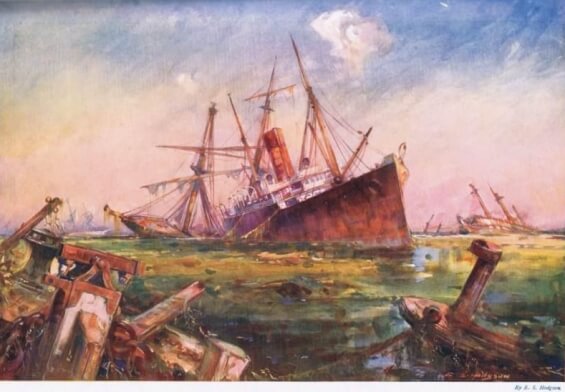
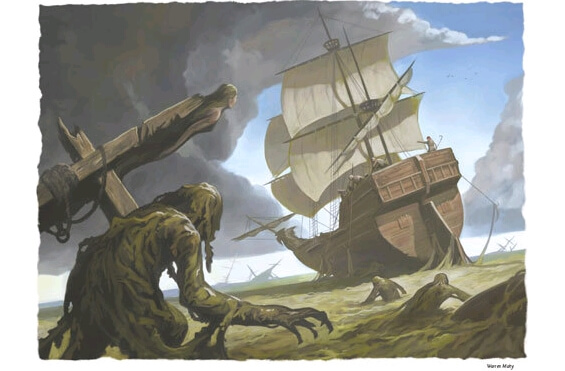

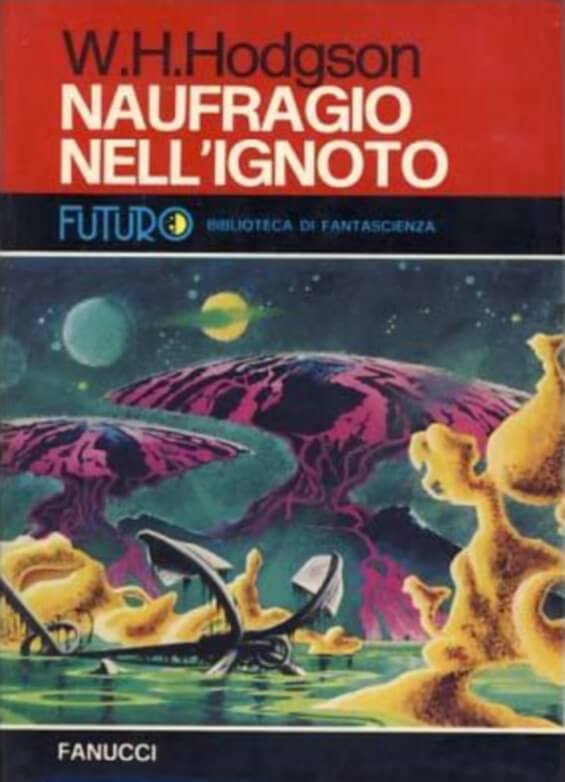
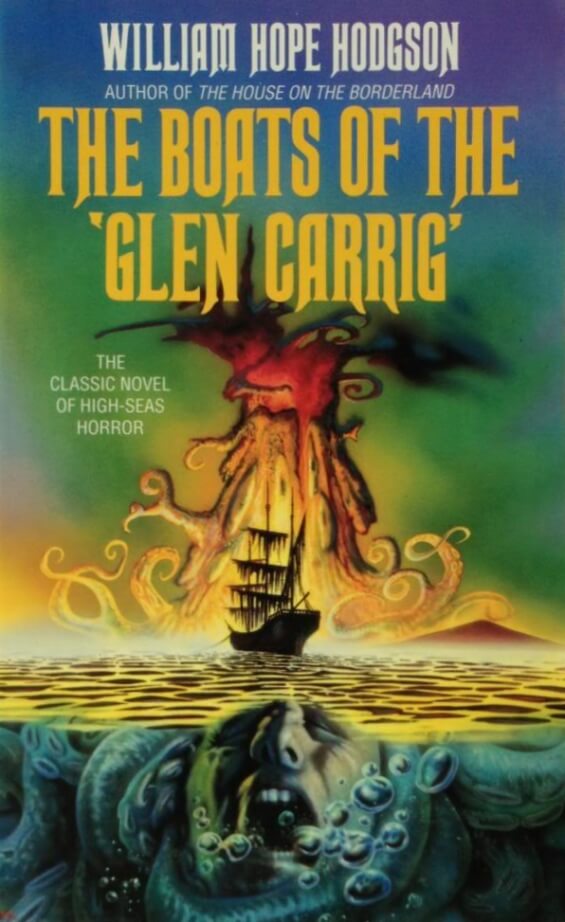
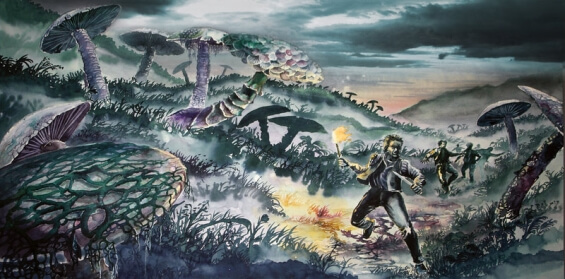
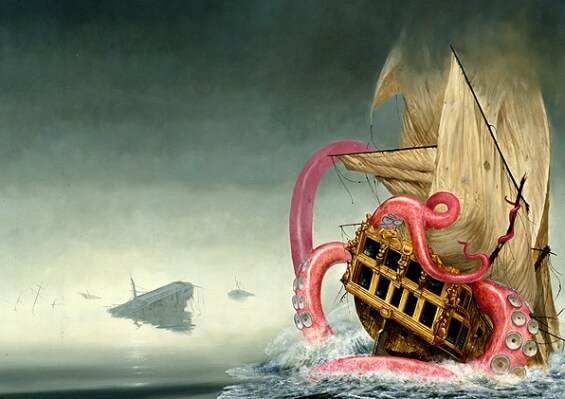
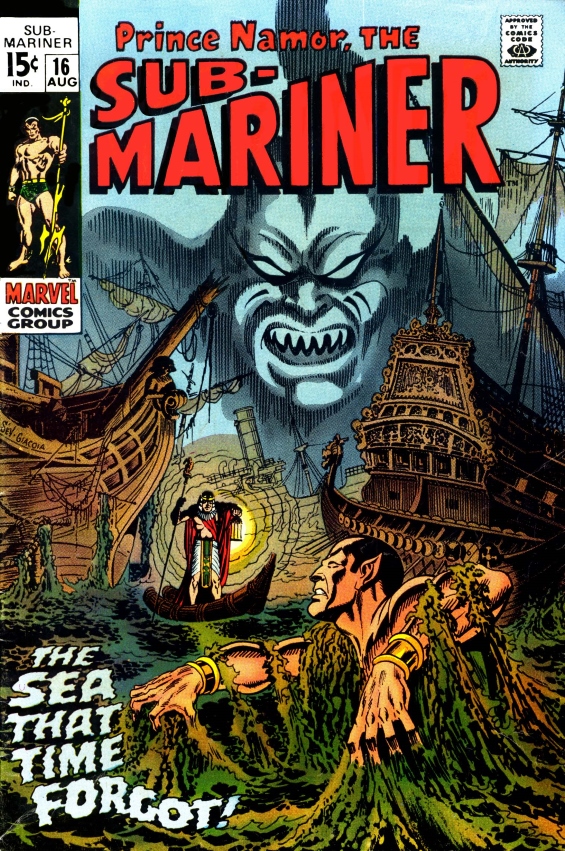
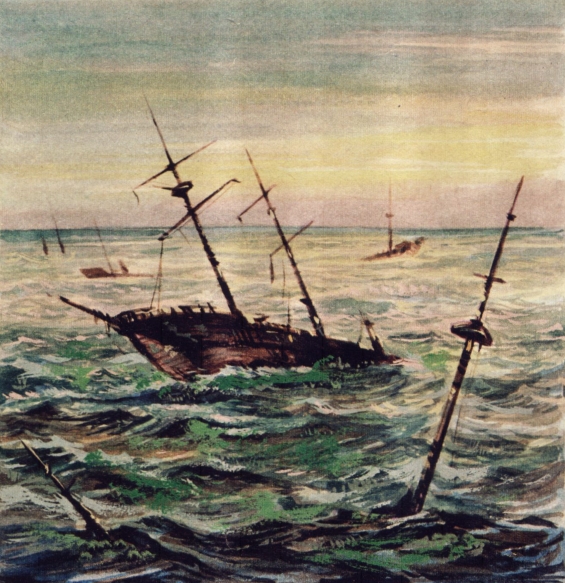
Posted by Jesse Willis
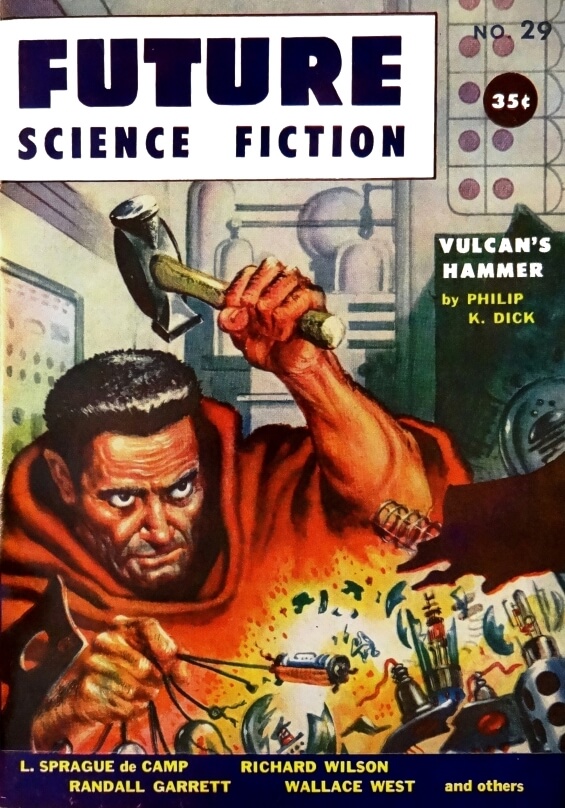
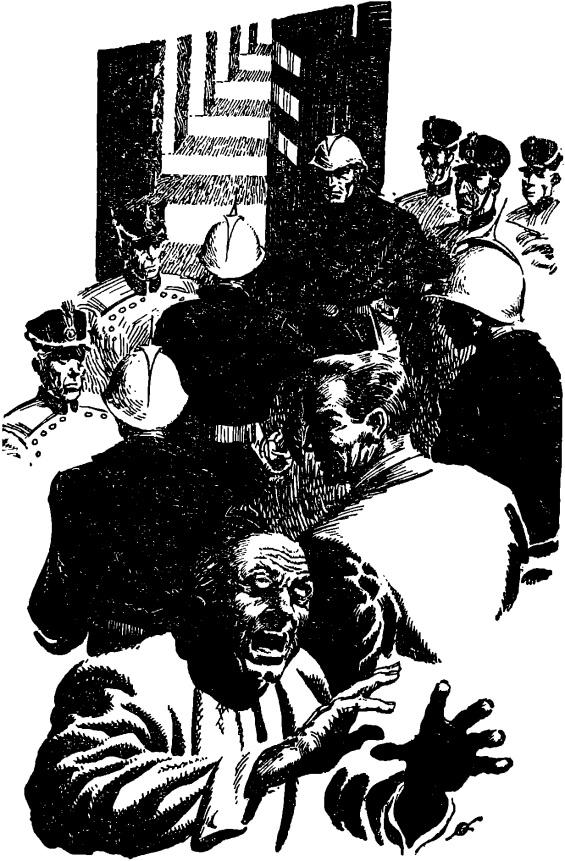
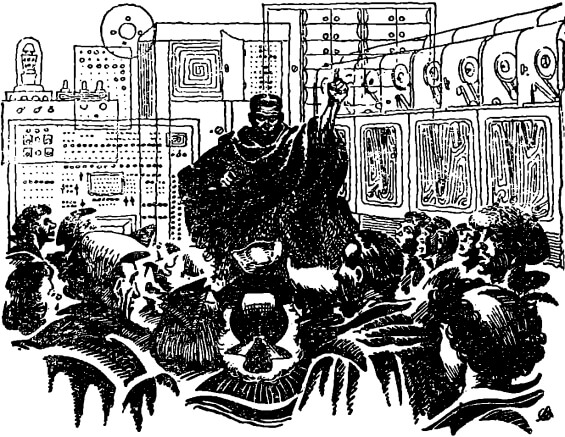

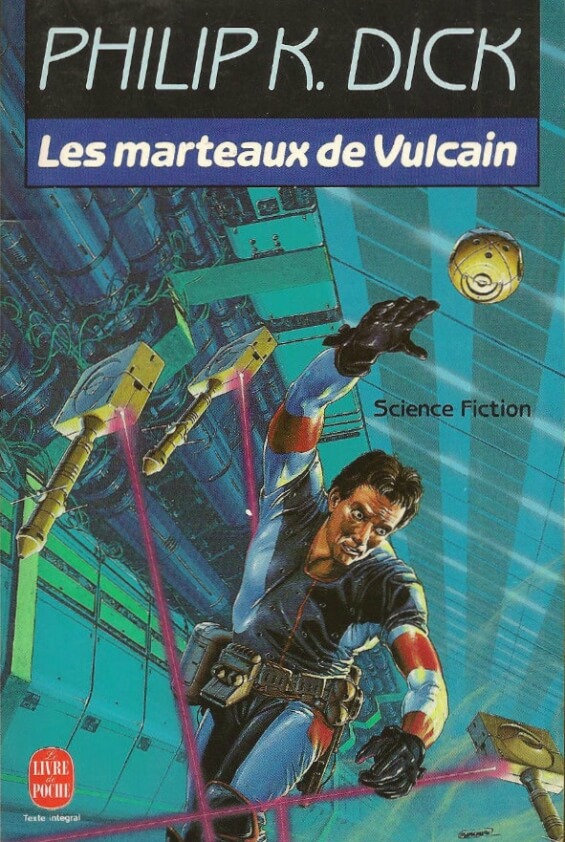
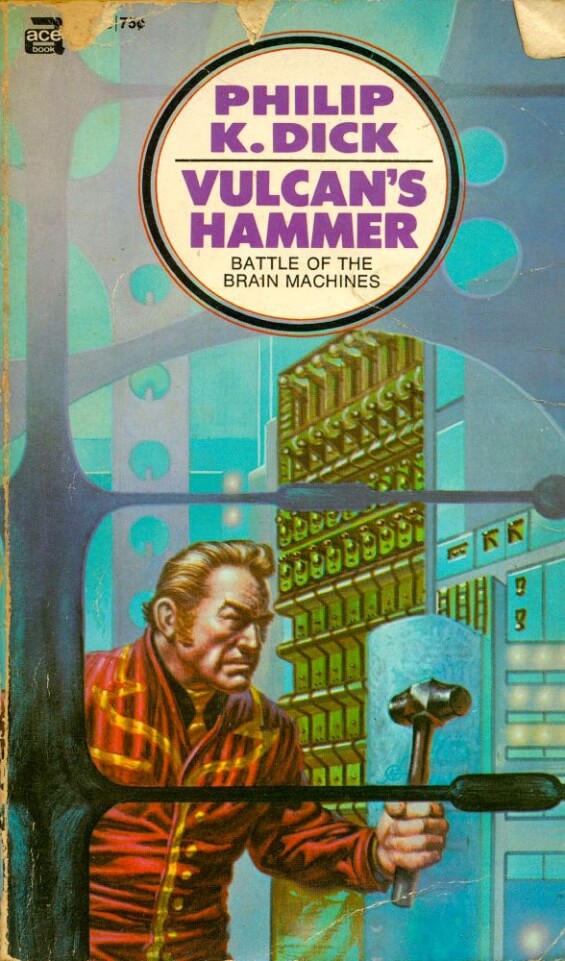
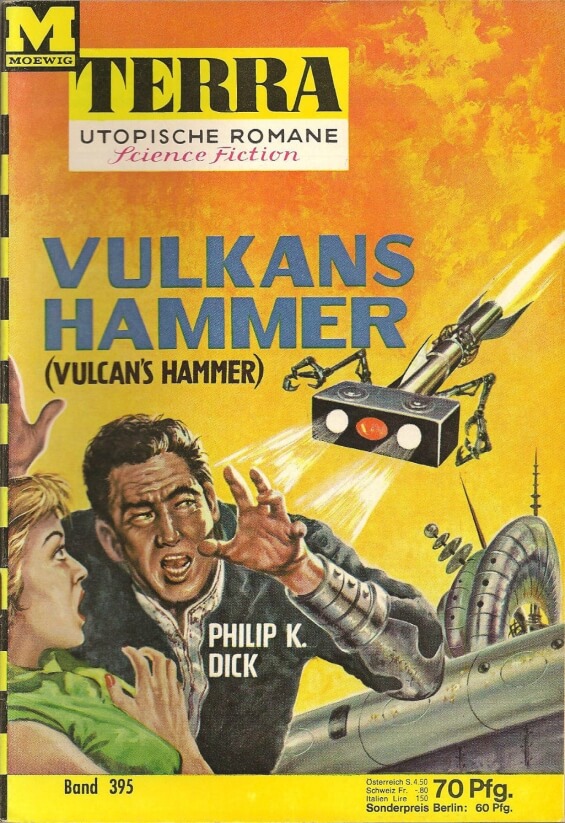
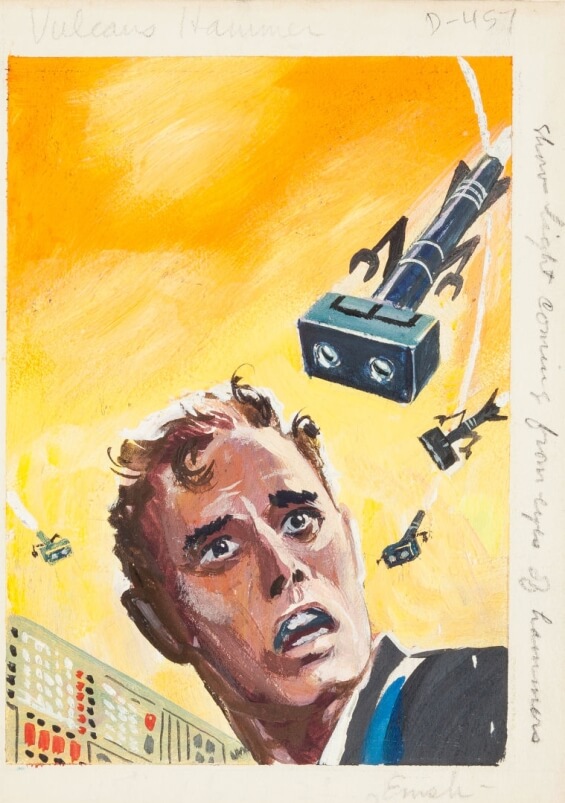
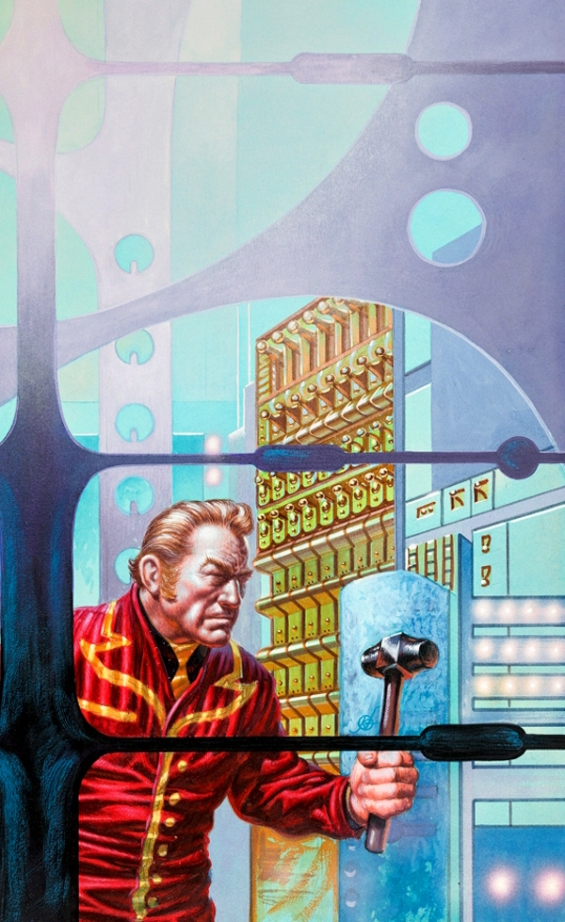

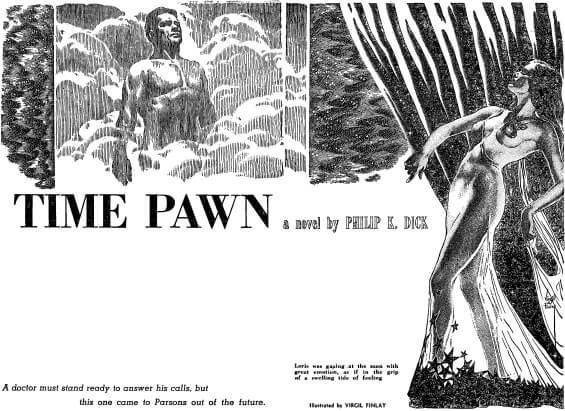
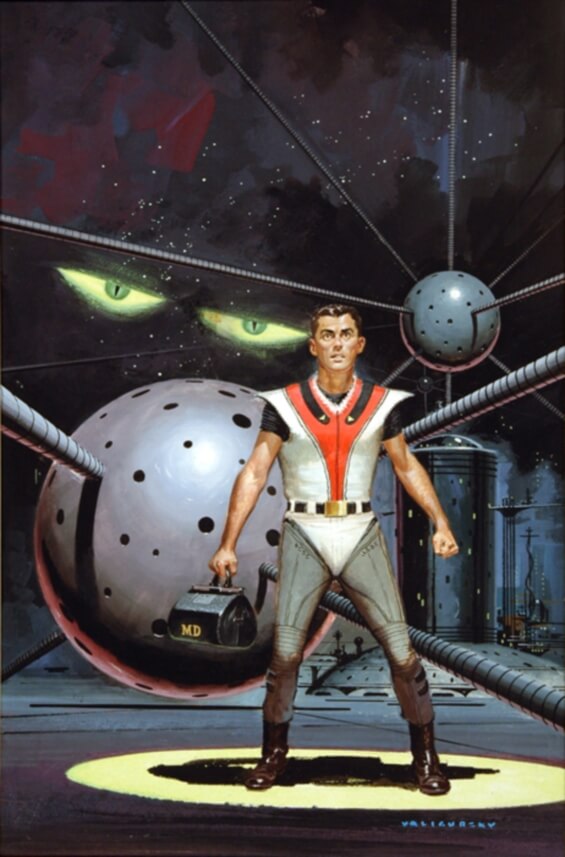
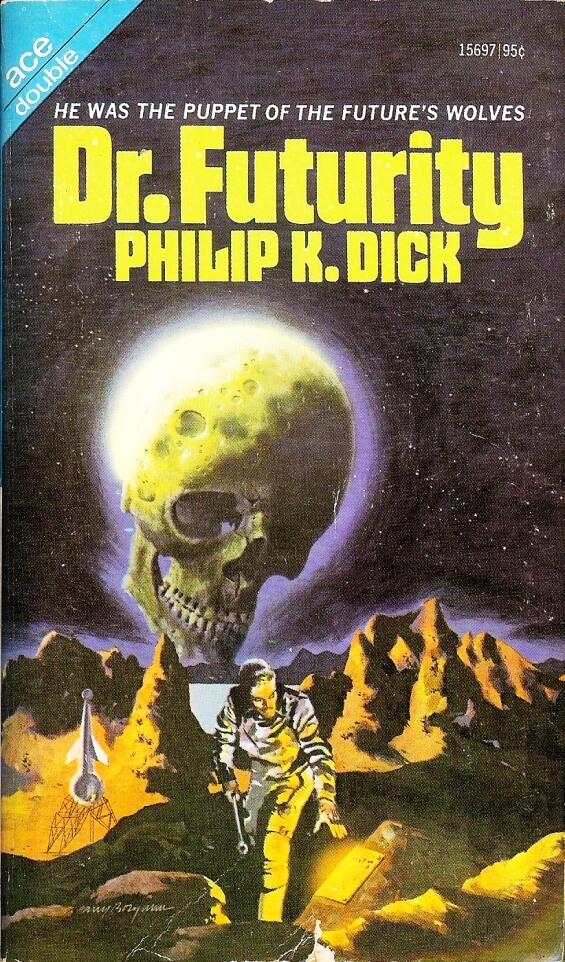
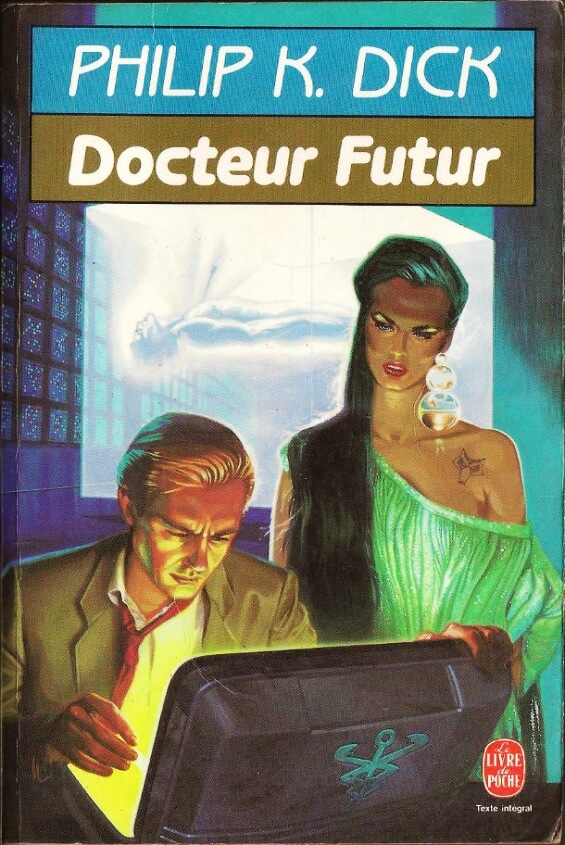
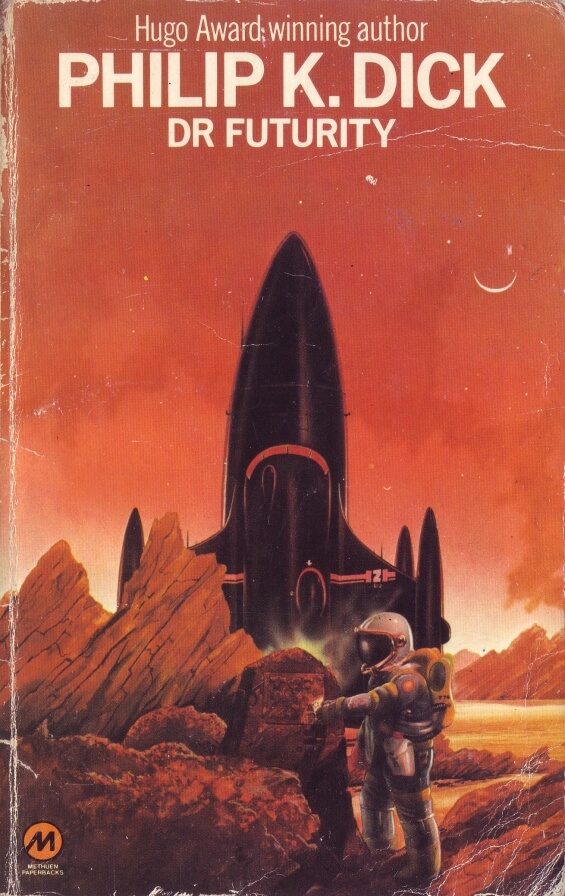
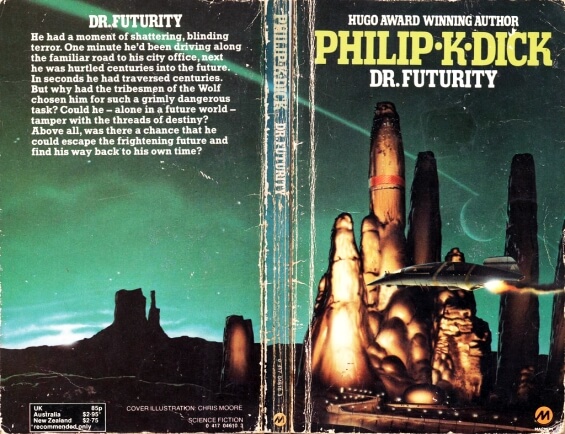
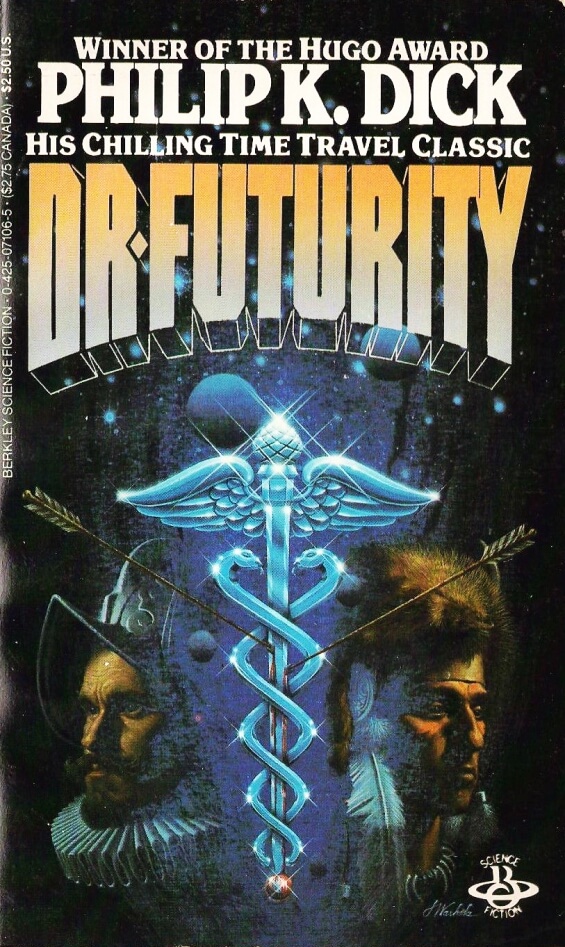

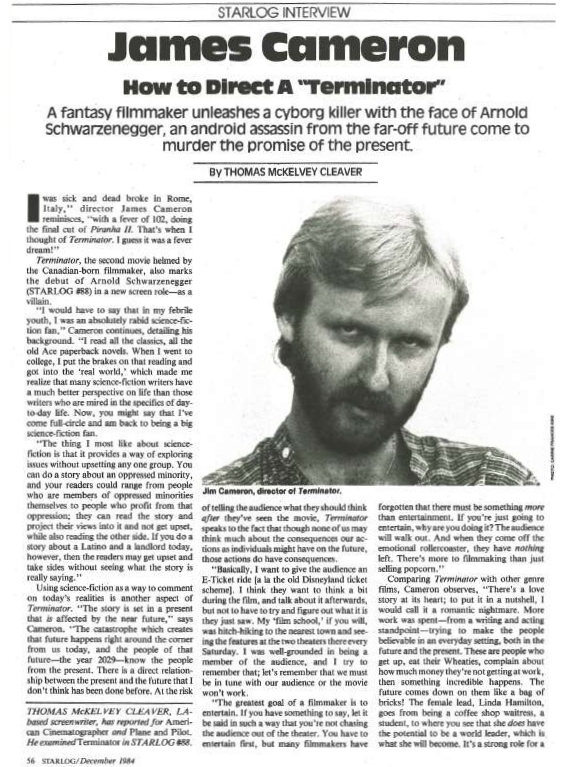
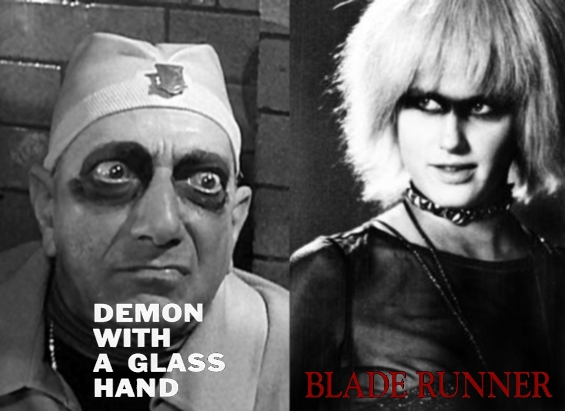
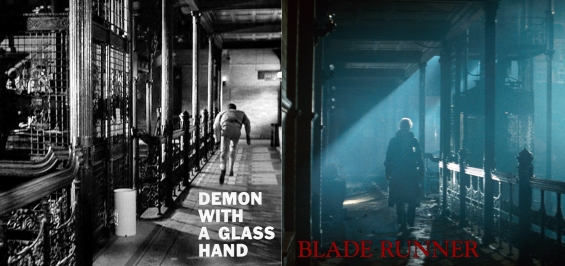
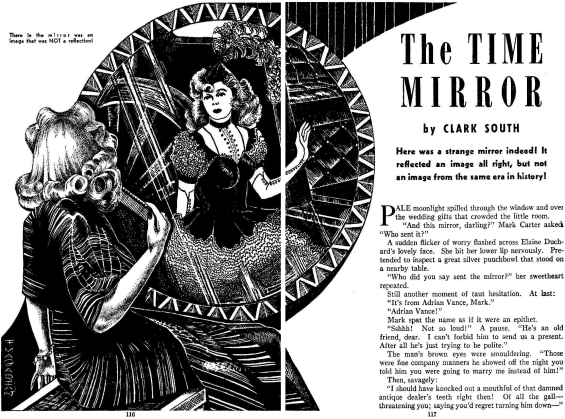
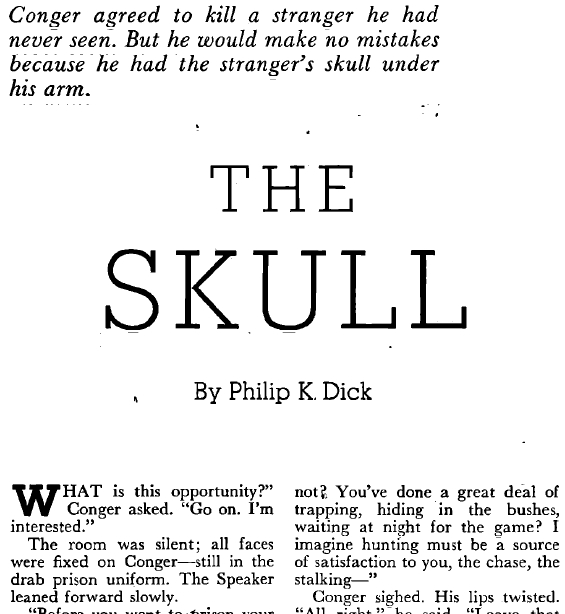
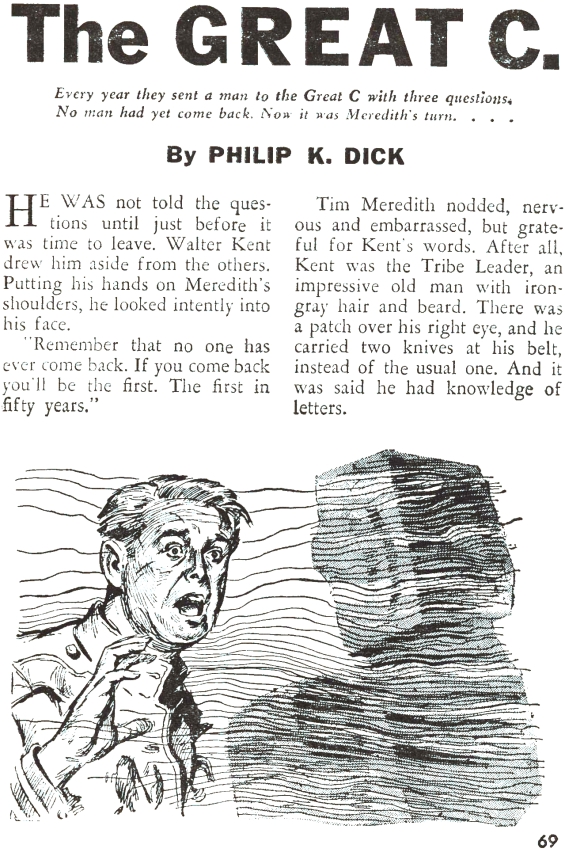
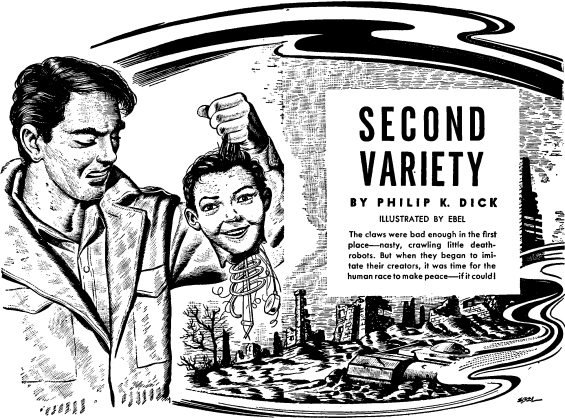
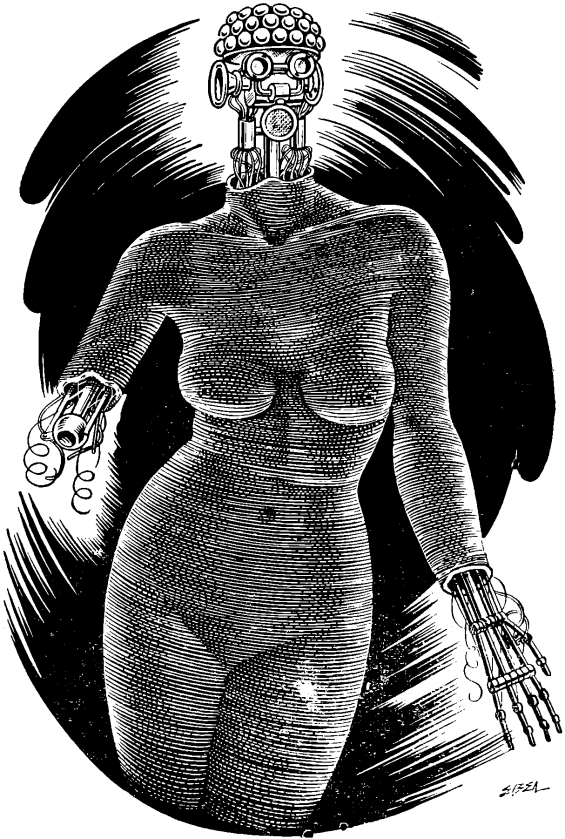

 Puttering About in a Strange Land
Puttering About in a Strange Land